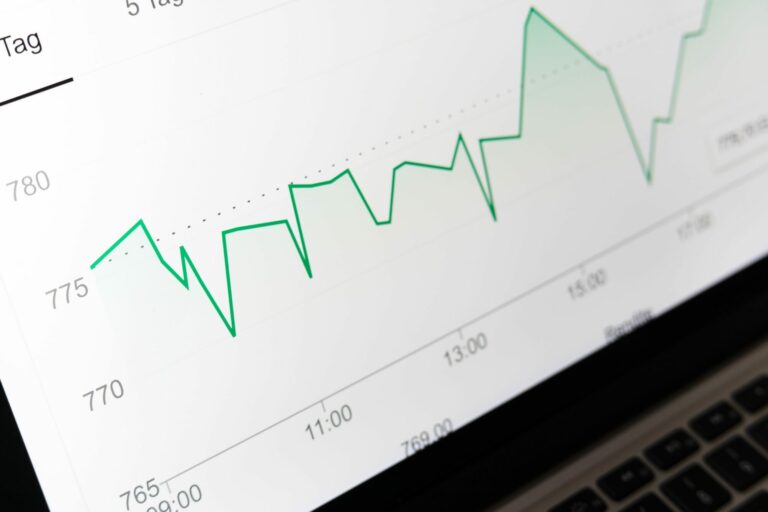The insurance industry is under pressure as a result of Covid, and it’s set to increase. As the job retention scheme ends1, there will be increases in unemployment, those on universal credit and income protection claims. This will mean an increase in requests for medical reports as people need to demonstrate if they have a health condition or disability that prevents them from working2.
With GPs dealing with the vaccination roll-out, logistical restrictions on the number of patients they can see in surgeries, and increased remote consultations, this is a pressure to their workload they could well do without. The result is likely to be increased delays in medical reports being processed which is bad news for all, not least patients who will face delays to payments. Insurers will be impacted too as they deal with the administrative burden of chasing, processing and managing patient data.
Richard Freeman, managing director of Medi2data says: ‘Sharing patient medical data, with patients’ consent, efficiently and quickly, is in the interests of everyone involved, from insurers to GP surgeries to patients. That need is about to increase and it’s vital that a solution is in place.’
It’s paramount that any electronic transfer of medical information is GDPR-compliant, swift, secure and trusted. Just as structured medical data reports make it easier to review and sign-off by GP practices, it also makes it easier for insurers to review for underwriting and claims assessment. The majority of GP surgeries are now able to transfer medical information that has patient approval in this manner and insurers need to be ready to work with them.
There are approximately 3 million Subject to Access Requests (SARS) every year and 2.8 million requests for medical reports (AMRA). The industry has been used to an average turnaround time for SARS of 30-40 days, and 25 days for AMRAs. However, the latest technology platform now makes it a reality to turn around SARS requests within 10-14 days, and AMRAs in just five days.
Richard Freeman continued, ‘The technology exists to make this impending increased demand much more manageable, and it’s vital for GPs, patients and insurers that it’s utilised. Now is the time for insurers to ensure they are fully aware of the latest platforms to fulfil AMRAs and to incorporate them into their administration of underwriting and claims processes and procedures.
‘GP surgeries have saved significant time using such technology, and this has proved a great incentive for them to use it – which of course is key in the insurance process – and the resulting five-day turnaround brings clear advantages for insurers: benefitting their customers, ie patients, too.’
References:
- The Coronavirus Job Retention Scheme extended to 30 April 2021 – https://www.gov.uk/guidance/claim-for-wage-costs-through-the-coronavirus-job-retention-scheme.
- You might get an extra amount of Universal Credit if you have a health condition or disability that prevents you from working or preparing for work – https://www.gov.uk/health-conditions-disability-universal-credit










